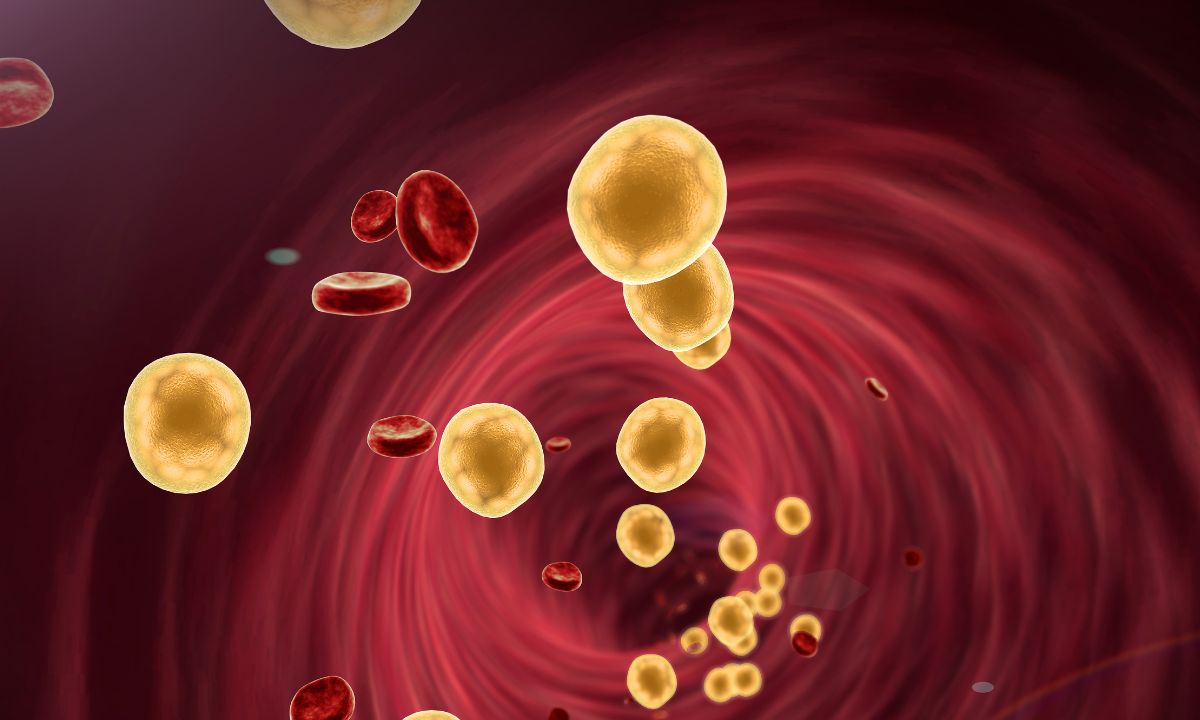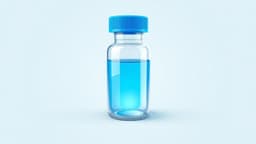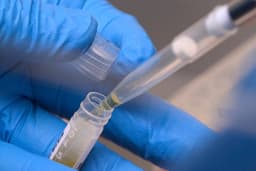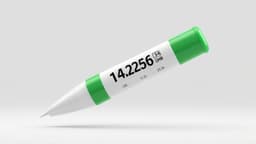Home / Health / CRISPR Therapy Cuts Cholesterol Levels in Half in Promising Study
CRISPR Therapy Cuts Cholesterol Levels in Half in Promising Study
16 Nov
Summary
- CRISPR Therapeutics administers one-time gene-editing infusion
- Reduces "bad" LDL cholesterol and triglycerides by 50% in 2 weeks
- Effects persist for at least 60 days, the full length of the trial

In a groundbreaking development, a small but promising study using a type of gene-editing technology known as CRISPR has successfully cut high cholesterol levels in half. The study, conducted by Swiss biotech company CRISPR Therapeutics, involved administering a one-time infusion designed to switch off a gene in the liver called ANGPTL3.
The results were remarkable - the highest delivered dose in the trial led to a 50% reduction in both "bad" LDL cholesterol and triglycerides, on average, in just two weeks. Importantly, these effects persisted for at least 60 days, the total length of the trial.
The findings were recently presented at the American Heart Association's annual meeting and also published in The New England Journal of Medicine. Typically, CRISPR technology has been leveraged to help address rare diseases, but this latest study suggests the gene-editing tool may also have applications in treating more common conditions like high cholesterol.
"This will probably be one of the biggest moments in the arc of Crispr's development in medicine," said Samarth Kulkarni, CEO of Crispr Therapeutics. The company is behind the only approved gene-editing treatment available on the market, a therapy for sickle cell disease and beta thalassemia.



